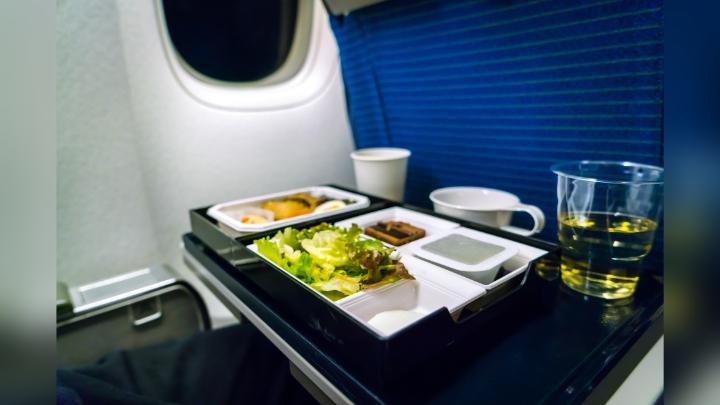By Mila Novita
Copyright tempo

TEMPO.CO, Jakarta – Food and beverages are essential for passenger well-being, particularly on long-haul flights. However, numerous experts advise against consuming certain items while airborne, right up until the point of landing.According to aviation and health professionals, the following list includes common items that can exacerbate issues such as bloating, dehydration, and digestive distress when consumed in a pressurized cabin environment.1. Kale and Certain Raw Green VegetablesFormer flight attendant Josephine Remo recommends avoiding raw, leafy green vegetables that are inherently difficult to digest, with kale being a prime example. The fluctuating air pressure inside the aircraft cabin can significantly disrupt the digestive system.”On a plane, [the change in] air pressure can mess with your stomach. This especially applies if you travel several times a week, where you can start to feel a big difference,” she said as reported by Travel + Leisure.2. NutsWhile high in fiber, nuts are another food group that can contribute to intestinal gas and subsequent bloating. Remo advises their avoidance to minimize potential digestive distress during the flight.3. BroccoliBroccoli is nutritious, but it is not recommended for flights. Like other cruciferous vegetables, it can trigger bloating, which Remo notes causes discomfort during travel.4. Tap Water or IceA 22-year flight attendant veteran, Sue Fogwell, says she never drinks beverages made from the aircraft’s water supply, such as tea or coffee, and always requests her drinks without ice for the same reason. Research has shown that airplane tap water can contain harmful bacteria like E. coli.”If you see a pitcher of water on the beverage cart in economy class, skip it—it’s from the water tank,” she warned.5. CaffeineCaffeine is strongly discouraged due to its diuretic effects, which accelerate dehydration, a primary concern in the dry cabin environment.6. Alcoholic BeveragesHarvard Health Publishing cautions against alcohol consumption on flights, especially for individuals with pre-existing cardiovascular conditions or those seeking rest. Alcohol consumption is linked to reduced physiological adjustment to cabin oxygen changes and significantly worsens the state of bodily dehydration.”Drinking [while] sleeping on a plane puts a big strain on your body, especially your cardiovascular system. And there’s even more strain if you have heart or lung disease. It places you at a higher risk for a heart attack or stroke,” said Matthew Mosquera, director of the Alcohol, Drug, and Addiction Inpatient Program at the Harvard-affiliated McLean Hospital.Furthermore, like coffee, alcohol worsens bodily dehydration during the flight.7. Red MeatAccording to CNN, beef, pork, lamb, and processed meats like pepperoni and bacon take longer to digest. This extended digestion means red meat stays in the intestines longer, increasing the likelihood of fermentation and gas production that causes bloating. It is best to avoid red meat during long flights and for a day or more beforehand.Editor’s Choice: How to Get the Best Deals on Airline Tickets, According to Google FlightsClick here to get the latest news updates from Tempo on Google News



